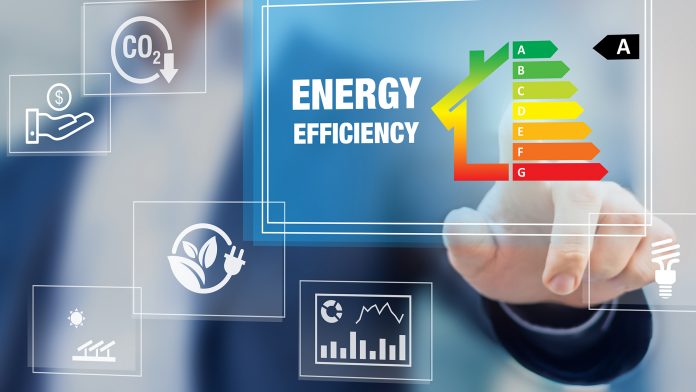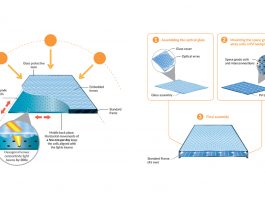Energy efficiency must be doubled globally by 2030 to meet climate targets, suggests a new report from the International Energy Agency (IEA).
The IEA’s report – Energy Efficiency: The Decade for Action – estimates that to limit global warming to 1.5 °C, annual energy efficiency progress must be increased from the 2.2% we experience today to over 4% by 2030.
Optimising efficiency will reinforce energy security and affordability while creating jobs, increasing energy access, reducing pollution, and mitigating reliance on fossil fuel imports.
IEA aims to highlight this at the organisation’s 8th Annual Global Conference on Energy Efficiency in Versailles, which will bring together 700 people from more than 80 countries, including over 30 ministers and 50 CEOs, to accelerate efficiency improvements.
Jean-Pascal Tricoire, the Chairman of Schneider Electric, commented: “Optimising how we consume energy is the priority of how we tackle the climate-and-energy crisis.
“We have all the ingredients. What we don’t have is time: We simply can’t let more time go by before we deploy the power of electrification and digital energy-efficiency technologies to the fullest.”
Energy efficiency investment at an all-time high
The report outlines that investments in efficiency in 2030 are expected to reach record levels and, under recent and expected policies, are projected to rise by a further 50%.
However, to see energy efficiency double, investments must increase from $600bn today to more than $1.8tr by 2030.
Fatih Birol, IEA Executive Director, said: “Today, we are seeing strong momentum behind energy efficiency. Countries representing over 70% of the world’s energy consumption have introduced new or improved efficiency policies since the global energy crisis began over a year ago.
“We now need to push into a higher gear and double energy efficiency progress by the end of this decade.”

Effective government policy will be essential
The report explains that government policies worldwide will be critical to boost efficiencies, such as Europe’s RePowerEU plan, the Inflation Reduction Act in the US, and Japan’s Green Transformation (GX) initiative.
Blossoming economies such as India, Chile, and South Africa have also implemented progressive measures to champion energy efficiency. It will be crucial for nations to collaborate globally toward this common goal to help avert the climate crisis.
Social and economic benefits of improving efficiency
The energy efficiency sector currently supports tens of millions of jobs worldwide. Through increasing efficiency efforts, an additional 12 million lucrative jobs would be made around the world.
Additionally, increasing efficiency will make energy cheaper in emerging and developing economies – helping to phase out the traditional burning of biomass such as charcoal and wood and improving health through better air quality.
IEA toolkit updated to aid governments
IEA has developed and updated its policy toolkit to assist governments in the energy transition. The toolkit consists of two parts – ten strategic principles to maximise the impact of energy policies and programmes and a set of sectoral policy packages to deliver rapid efficiency gains.









